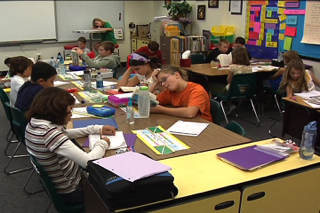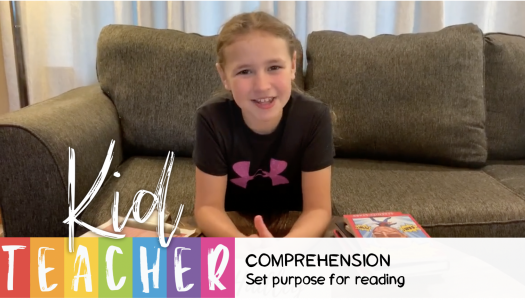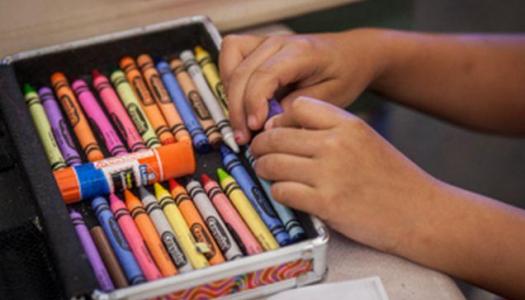Why Not Worksheets for Homework?
Join Our Community
Access this resource now. Get up to three resources every month for free.
Choose from thousands of articles, lessons, guides, videos, and printables.
Before our classroom days included Daily 5, it was common practice to send our students home every day or so with a worksheet to do or share with families. We can look back on our own childhoods and see that this practice has been around awhile. However, now that our literacy block revolves around the research-proven practices of reading and writing, worksheets are a thing of our past. Because of how often we are asked about worksheets and how they might be used to practice skills or communicate with parents, we know this time honored tradition is hard to let go of.
Here is what we consider:
1) Research does not support the use of worksheets as a way to create readers and writers.
2) A worksheet rarely communicates what our students are really doing in the classroom.
3) Is there a better way to open our classrooms for parents to peek inside and see all the wonderful things happening there?

In an effort to give our families an authentic look into the classroom, we take an alternative approach to communication and it begans with education. Each year we voluntarily sacrifice a few evenings, offering a series of parental workshops. These evenings introduce our families to what may be a different looking classroom experience and offer guidance in how they might support their child at home.
While there, families see what the school day really looks like, and students who attend are always willing to model Daily 5 for all to see. We share our conferring notebook, putting minds at ease that each child will be treated as an individual who's needs will be met.
We are up front regarding our philosophy on worksheets. At the end of the evening, families understand that a worksheet might be a simple way to demonstrate if homework is done, but actual reading is a better use of their child's time.
So, if we aren't sending home worksheets, how can families know what is happening and how they can help? Two things: We send home a weekly newsletter which shares the current instructional focus and how they can support the learning at home. Secondly, we distribute informational communication called Parent Pipelines. These are singularly focused strategy explanations taylored to match the goals and strategies students are working on. The Parent Pipelines offer explicit suggestions for how parents can support their child as they read at home.
The bottom line is, we got a lot more bang for the buck when we made changes inside the classroom to meet the individual needs of our students and changed our home/school connection communication so that it matched.






